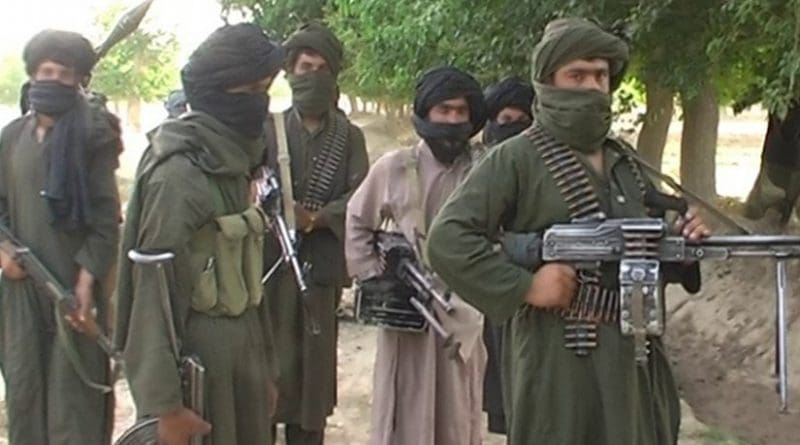The Regional Dimensions Of Security Closer To The Heart Of Asia – OpEd
The recent Heart of Asia Conference-Istanbul Process was an attempt to bridge the existing gap between the Asian partners and the stakeholders with the greater objectivity for the attainment of regional peace and development goals. Together with its 14 members, 17 supporting countries and the 11 regional and international organizations, the Istanbul Process has become a unique framework in its nature which demands for sincere and productive cooperation for a stable, flourishing Afghanistan in particular, and exertion for the regional prosperity in general.
The Heart of Asia-Istanbul Process is the structured arrangement initiated through the procedures of holding a sequence of conferences held in Istanbul in 2011, in Kabul in 2012, in Almaty in 2013, 2014 in Beijing, 2015 in Islamabad and the 2016 to be hosted by India. Having a particular focus on the mutual effort and cooperation for the development of Afghanistan, the Heart of Asia stresses to strive for exploring variety the result-oriented opportunities necessary for closer ties for the mutual benefit through bilateral trade, economic cooperation, energy, education, regional infrastructure development projects, and a collective response to counter the common threats of counterterrorism, counter-narcotics, and disaster management issues.
The focal point of the Heart of Asia Conference was the replication of longing to endorse the regional development and enhanced bilateral trade interactions, mutual economic gains and addressing the security challenges that is very essential for the progressive and productive environment which in turn will enhance the quality of life and bring tremendous employment opportunities for the people in the region.
For curbing the menace of terrorism all the regional countries have to cooperate with each other. The greater role of Pakistan for the national, regional and international security by means of its sacrifice and the firmness are evident through the successful military operation of Zarb-i-Azb and the National Action Plan reflect the zero tolerance attitudes that will never allow extremism to flourish on its soil are the unflinching vows to eliminate the roots of terrorism once forever. Similarly, the current political and military leadership in Pakistan is on the same page realizing the fact that the economic development is closely associated with the peace and stability in the country as well as in the region.
Given, the landlocked position of Afghanistan and other Central Asian Countries, Pakistan has an important geopolitical position through which it intends to an exceptional trade opportunity for Afghanistan and the Central Asian countries under the China-Pakistan Economic Corridor (CPEC) project.
Pakistan is committed to play its role in Afghan reconciliation process for the durable peace in the region and realizes the importance of association of China and the US is instrumental in achieving these goals. The violent split triggered after the death of Mullah Omer, shattered the process of peace talks between the Afghan Government and the Taliban, but however, through the constant efforts of the US, China, Turkey, Saudi Arabia and particularly Pakistan, the possible resumption of the peace process and the consequent stability can become the ray of hope for the enduring peace goals for Afghanistan.
Furthermore, the dream of durable peace can only be achieved through concrete steps to curb the flow of money generated through the drug-trafficking and organized crime. Afghan leadership under the Unity Government is also ardent on the development of the mechanism of regional cooperation to thwart the means and resources that enable the penetration of the terrorists into the society and believes in the need of a joint move towards the elimination of terrorism and extremism.
The more important issue remain with the question that the initiatives like the Heart of Asia-Istanbul Process and the desired development goals can only be achieved through the meaningful negotiation between the regional states in order to settle-down their core issues and long-lasting disputes moreover, the particular focus is needed for Afghanistan and all the developed nations must stand for the industrial development, better education and employment within and abroad, social and political coherence particularly through the international scholarships and foreign exposure of the Afghan youth, better training and equipment of the Afghan National Army (ANA), and of course, the peace talks must be expedited.
The sovereignty and the national integrity of Afghanistan is the only guarantee of the regional peace and development, therefore, the regional countries and the international community must strive through collective efforts and continue its support for Afghanistan so that a politically, economically and militarily stable Afghanistan may not become a liability for any other country in the future.

